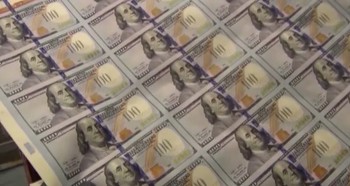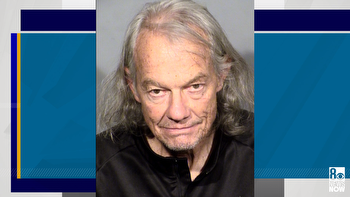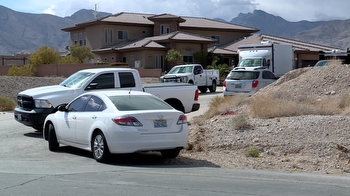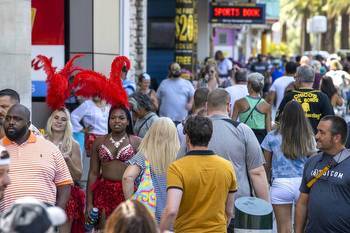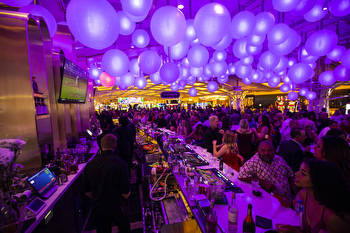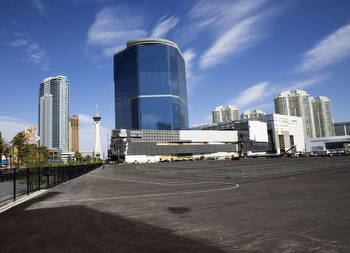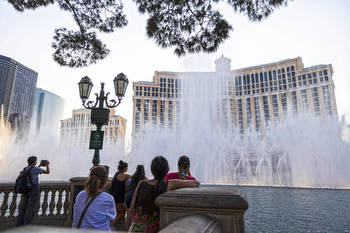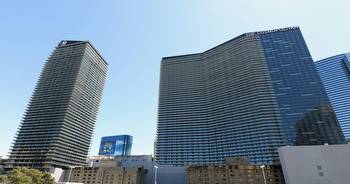Las Vegas saw real estate scams, halted casino construction in 2023
Whether it was a stalled casino project, a marijuana Ponzi-scheme case or a rising real estate scam, Las Vegas had no shortage of investigative business news in 2023.
Dream Las Vegas
In a market packed with huge resorts, Dream Las Vegas hopes to offer a smaller, boutique experience along the south edge of the Strip. But construction of the hotel-casino ground to a halt this year after the developers’ funding plans stalled.
Dream developer Bill Shopoff said in March that construction had fully stopped at the site and that he owed about $25 million to $30 million for work on the project. Construction would resume once financing terms were finalized, he said.
Lawmakers try to close tax loophole
Nevada lawmakers tried to close a tax loophole after the Review-Journal found that casinos and other properties, mostly on or near the Strip, had sold for huge amounts without producing a dime of real estate transfer taxes.
Gov. Joe Lombardo in June signed the bill that requires payment of the tax if a property was shifted to a business entity that was “formed for the purpose of avoiding those taxes.”
However, critics said it would do little to force companies to pay the tax, in part because the bill raises the issue of intent.
A rising real estate fraud
Scammers are always looking to make easy money. And this year, they tried a brazen tactic in Southern Nevada and around the country: selling other people’s land behind their backs.
The notion of selling someone’s real estate without them knowing might seem far-fetched, but attempting the scam isn’t difficult. Anyone can go online to list a property without first showing it’s theirs, and bogus sellers have used fake IDs to impersonate actual owners, sources said.
Tribal land deals criticized
After a North Dakota tribal nation spent $115 million for land along the Strip, not everyone back home was happy with the venture to Vegas.
The Three Affiliated Tribes of the Fort Berthold Indian Reservation — also known as Mandan, Hidatsa and Arikara Nation — purchased 23 acres in Las Vegas in recent years without concrete plans for the sites or public votes on most of the spending.
Critics said the tribal government lacked transparency, and they contended there were plenty of needs — and other ways to spend the money — in North Dakota.
Pot business accused of Ponzi-like scheme
Las Vegas marijuana business WeedGenics painted a strong picture of itself on its website and in press releases, but financial regulators claimed the company ran a Ponzi-like scheme.
WeedGenics raised nearly $62 million from investors but allegedly lied about having cannabis facilities and used funds to pay other investors or for personal items like jewelry, cash withdrawals and luxury cars, according to the Securities and Exchange Commission.
WeedGenics pitchman Rolf Max Hirschmann allegedly used a fake name — Max Bergmann — when dealing with investors, and WeedGenics executive Patrick Earl Williams, a rapper known as “BigRigBaby,” spent investor funds on his music career, the SEC claimed.
esegall@reviewjournal.com or 702-383-0342. Segall is a reporter on the Review-Journal’s investigative team, focusing on reporting that holds leaders, businesses and agencies accountable and exposes wrongdoing.








